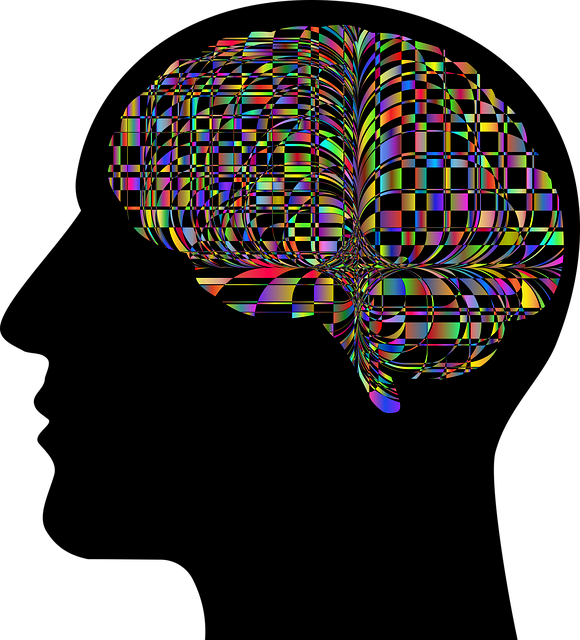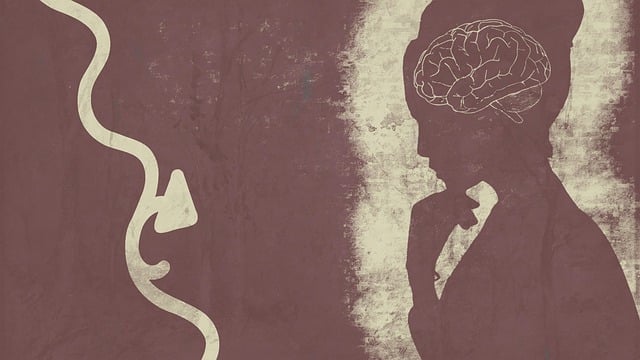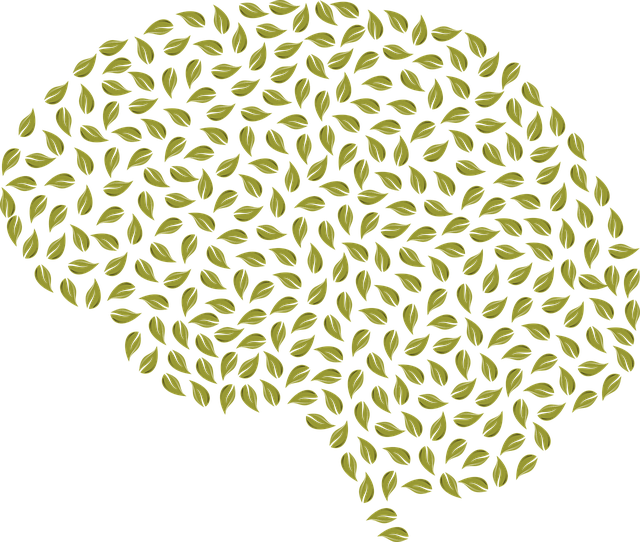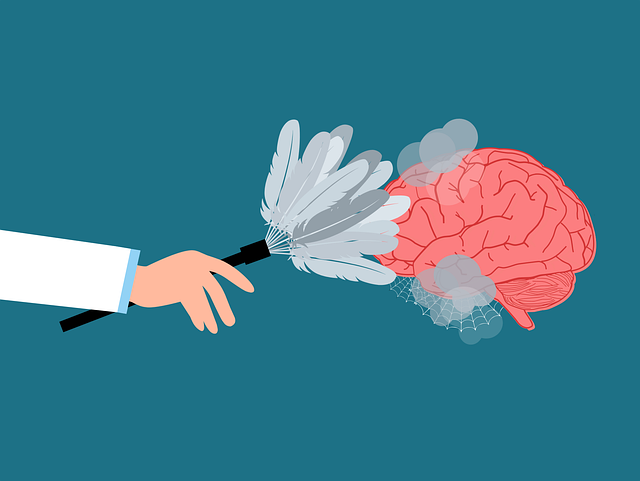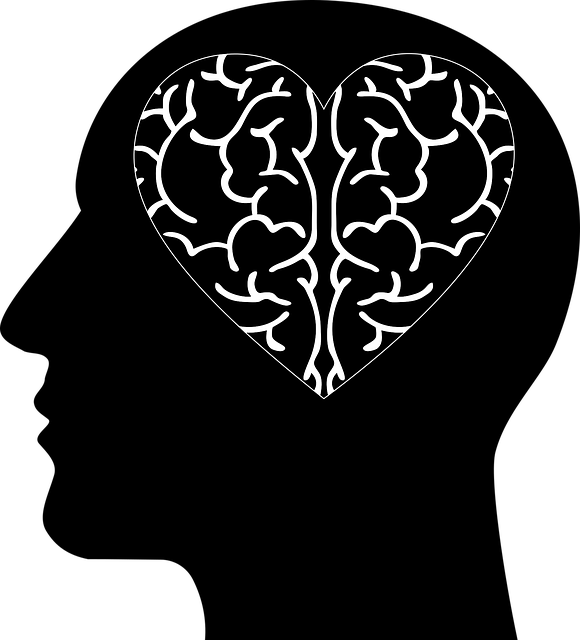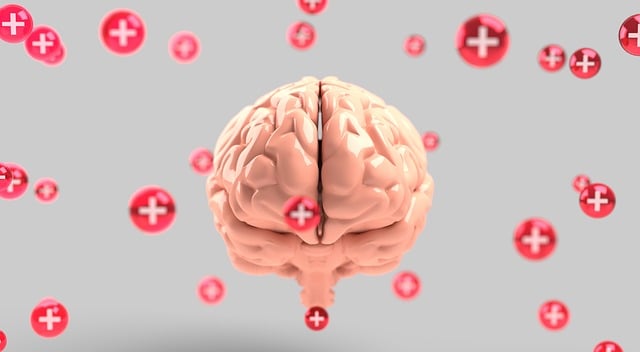"Understanding Mental Health" is Wheat Ridge Children's Therapy's educational program aimed at demystifying mental health and fostering open conversations among young individuals. Through interactive activities, group discussions, and practical stress management strategies, the program enhances mental health awareness and builds resilience. Using engaging content like role-playing, storytelling, and creative arts, Wheat Ridge transforms therapy into a fun experience. Real-life examples and case studies make learning relatable, while strategic planning, therapist training, and parental engagement ensure comprehensive, long-term impact, empowering young minds to navigate their mental health journeys with confidence.
At Wheat Ridge Children’s Therapy, we believe that empowering young minds starts with education. Our mental health education program design focuses on creating a comprehensive and engaging learning experience for children and teens. By “Understanding Mental Health,” we lay the groundwork for effective coping strategies and resilience. Through innovative content design, we ensure our programs are not just informative but also captivating. “Implementation and Support” is key to our success, fostering long-term positive impacts in the community, mirroring the dedicated care provided at Wheat Ridge Children’s Therapy.
- Understanding Mental Health: Creating a Foundation for Education
- Designing Engaging Content: Strategies for Effective Learning
- Implementation and Support: Ensuring Long-Term Impact at Wheat Ridge Children's Therapy
Understanding Mental Health: Creating a Foundation for Education

Understanding Mental Health serves as the cornerstone for designing an effective education program at Wheat Ridge Children’s Therapy. It is essential to begin by demystifying mental health issues and fostering open conversations about them. This initial step is crucial in reducing stigma and promoting a culture of care. By providing accurate information, educators can help students recognize various aspects of mental well-being, including emotional states, thinking patterns, and behaviors.
Creating a safe and supportive learning environment is key to enhancing Mental Health Awareness. Incorporating interactive activities, group discussions, and relatable examples can make complex topics accessible. The program should also emphasize practical strategies for Stress Management and Resilience Building, empowering students with tools to navigate challenges. Through this foundational approach, the education initiative at Wheat Ridge Children’s Therapy aims to equip young individuals with the knowledge and skills to maintain and improve their mental health.
Designing Engaging Content: Strategies for Effective Learning

Designing engaging content is a key strategy for effective learning in any mental health education program, especially when targeting young minds. At Wheat Ridge Children’s Therapy, we understand that making therapy and coping techniques fun and interactive can significantly enhance a child’s understanding and willingness to engage. Incorporating diverse methods such as role-playing scenarios, storytelling, and creative arts allows for a more dynamic learning environment. These strategies not only make the process enjoyable but also facilitate better retention of crucial concepts like social skills training and coping skills development.
Additionally, integrating real-life examples and case studies can help children relate to the material. By sharing stories of resilience and recovery, we offer trauma support services in a way that feels relatable and non-intimidating. This personalized approach encourages active participation and fosters an atmosphere where learning becomes a collaborative, empowering experience.
Implementation and Support: Ensuring Long-Term Impact at Wheat Ridge Children's Therapy

At Wheat Ridge Children’s Therapy, implementing a robust mental health education program requires strategic planning and ongoing support to ensure long-term success and impact. The therapy center recognizes that breaking down mental illness stigma and fostering self-awareness among children is crucial for their overall well-being. Through interactive workshops and engaging activities, the program aims to equip young minds with essential coping strategies and positive thinking techniques.
Support systems play a pivotal role in sustaining these initiatives. Regular training sessions for therapists and educators help maintain consistency in delivering the curriculum. Additionally, involving parents and caregivers in awareness campaigns and self-awareness exercises strengthens the home environment, creating a holistic approach that reinforces learning outcomes. This comprehensive strategy at Wheat Ridge Children’s Therapy underscores their commitment to not only educating but also empowering children to navigate their mental health journeys with resilience.
Mental health education programs, as exemplified by Wheat Ridge Children’s Therapy, are transformative tools that can greatly benefit young minds. By understanding mental health and designing engaging content, these programs create a supportive learning environment. Through successful implementation and ongoing support, such initiatives ensure long-term positive impacts, fostering resilience and well-being among participants.
